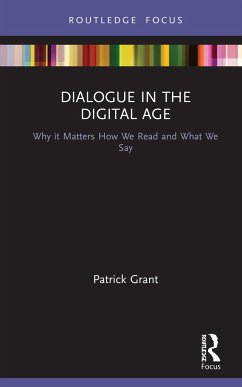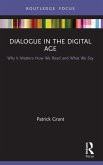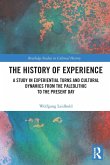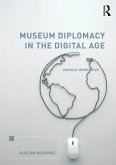Combining literary criticism and theory with anthropology and cognitive science, this highly relevant book argues that we are fundamentally shaped by dialogue. Patrick Grant looks at the manner in which dialogue informs and connects the personal, political, and religious dimensions of human experience and how literacy is being eroded through many factors, including advances in digital technology.
The book begins by tracing the history of evolved communication skills and looks at ways in which interconnections among tragedy, the limits of language, and the silence of abjection contribute to an adequate understanding of dialogue. Looking at examples such as "truth decay" in journalism and falling literacy levels in school, alongside literary texts from Malory and Shakespeare, Grant shows how literature and criticism embody the essential values of dialogue. The maintenance of complex reading and interpretive skills is recommended for the recuperation of dialogue and for abetter understanding of its fundamental significance in the shaping of our personal and social lives.
Tapping into debates about the value of literature and the humanities, and the challenges posed by digitalization, this book will be of interest and significance to people working in a wide range of subjects, including literary studies, communication studies, digital humanities, social policy, and anthropology.
The book begins by tracing the history of evolved communication skills and looks at ways in which interconnections among tragedy, the limits of language, and the silence of abjection contribute to an adequate understanding of dialogue. Looking at examples such as "truth decay" in journalism and falling literacy levels in school, alongside literary texts from Malory and Shakespeare, Grant shows how literature and criticism embody the essential values of dialogue. The maintenance of complex reading and interpretive skills is recommended for the recuperation of dialogue and for abetter understanding of its fundamental significance in the shaping of our personal and social lives.
Tapping into debates about the value of literature and the humanities, and the challenges posed by digitalization, this book will be of interest and significance to people working in a wide range of subjects, including literary studies, communication studies, digital humanities, social policy, and anthropology.









